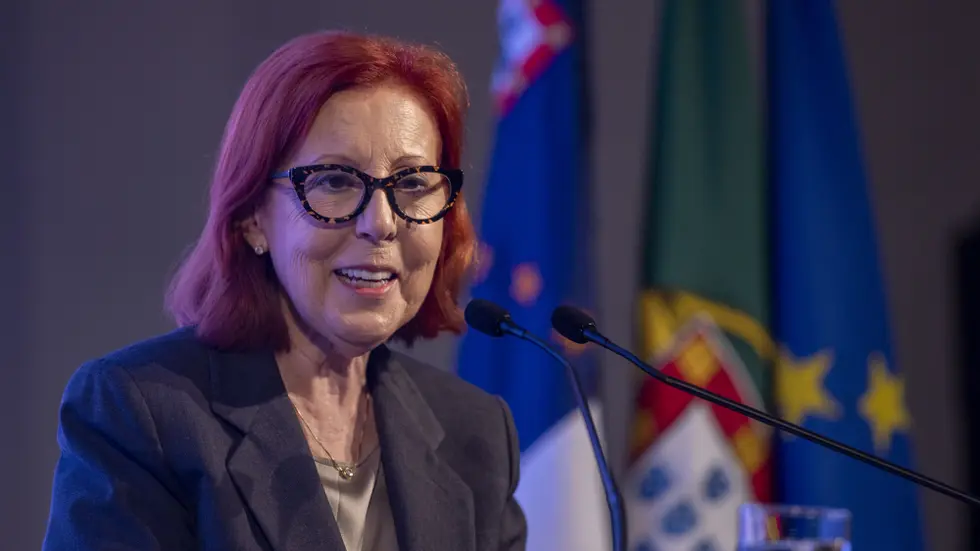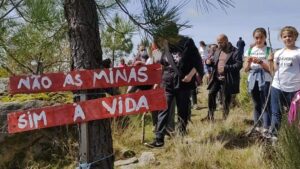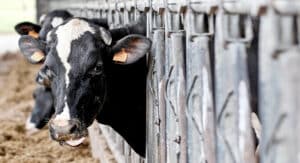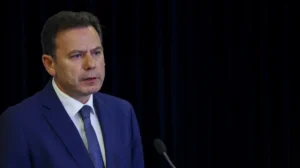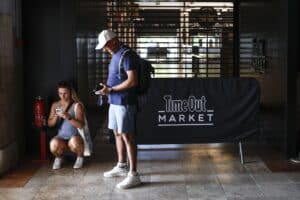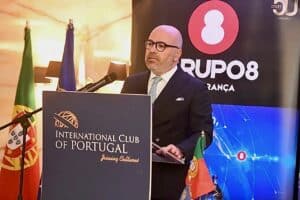Government to launch tenders for gold, copper and lithium exploration
Communities already fighting plans to expand mining projects in their territories have reacted in uproar to the announcement that Portugal’s AD government seeks to launch tenders for even further exploration of what are now dubbed ‘critical raw materials’.
One of the movements already battling against lithium exploration in Seixoso-Vieiros area has called the plan “a direct attack on our communities and the future of our territory”.
Writing over social media, the group explains: “We are completely against this decision which, instead of benefiting the people and protecting the environment, favours foreign economic interests, leaving behind destruction and damage.
“We reject the narrative that lithium is a sustainable solution. Its extraction has devastating environmental consequences: soil destruction, groundwater contamination and loss of biodiversity.
“This model is not progress”, the text considers. “It is exploitation – and local communities cannot be sacrificed in the name of development that only benefits large companies.
“The impact on populations will be irreversible. Noise, pollution and the depletion of natural resources will destroy quality of life, while traditional activities such as agriculture and rural tourism will be abandoned. All this for a ‘progress’ that leaves us with the negative consequences, without any real benefit for the region.
“Lithium is not a benefit: it is a threat to our future. We will not accept our land and our lives being sold off in the name of foreign interests. We are fighting for a development model that respects the environment, people and future generations”.
Other groups and movements are saying very much the same, but the reality is that Portugal’s government is following the European focus on ‘critical raw materials’, tied in with the ‘green deal’ and zeal for promoting electric vehicles (which despite all the hype are not proving anything like as popular as Brussels would like).
The six new ‘lithium areas’, outlined yesterday by environment minister Maria de Graça Carvalho, “have been on the back burner since 2018”, according to Jornal Económico.
With regard to copper, says the online, “there are ‘several interested parties’ researching the Iberian Pyrite Belt, on the Portuguese side.
“It is located between Lagoa Salgada, in Grândola, and Seville, in Spain, and is around 300 kilometres long.
“In gold, the aim is to launch a prospecting tender in the Gralheira area, in the Vila Real district”.
The government’s ‘Action Plan’ involves granting PIN status to these ‘strategic projects’ – meaning their perceived importance to the nation overrides almost all other concerns and environmental protections that might otherwise be in place. The plan will offer support for project financing through state agencies like AICEP (the agency for foreign investment and commerce in Portugal), IAPMEI (agency for competitivity and innovation) and the Portuguese Development Bank (BPF).
Económico explains that this focus comes from the first conclusions of the government’s Working Group on the European Regulation on Critical Raw Materials (WG-REMPC).
“This working group was set up this year with the aim of transposing the European Regulation on Critical Raw Materials into Portuguese law.
“Launching tenders for the award of prospecting and research rights for mineral resources’ is one of the various measures proposed after three months of work.
“The Action Plan will have its priority measures implemented in the first quarter of 2025, while developing other measures that should be finalised next year.
“Another proposed measure is the National Prospecting and Research Programme, as well as the launch of an electronic platform for licensing critical raw materials projects”.
Económico outlines Portugal’s trove of “materials considered critical and strategic by the European Union.
“In the Neves-Corvo and Aljustrel mines it has copper (and zinc) concentrates; in the Panasqueira mine, tungsten concentrates; the Barroso mines in Boticas and the Romano mine in Montalegre, where Savannah and Lusorecursos projects foresee the extraction of lithium (and also refining in the case of the latter); the country also has potential for new explorations of these and other raw materials”.
The action plan was presented yesterday at a session in Lisbon with the Environment and Energy Minister and minister for the economy Pedro Reis.
The government roadmap includes other measures:
- Swift and effective resolution of disputes relating to strategic projects
- Establishment of strategic partnerships and international co-operation
- Development of the National Prospecting and Research Programme
- Launching of tenders for the granting of prospecting and research rights for mineral resources
- Granting prioritised status for strategic projects involving critical raw materials
- Identifying ‘big companies’ operating in Portugal
- Creating procedures for reporting, monitoring and mitigating risks, as well as coordinating any strategic stocks
- Adoption of instruments and programmes to support the financing of strategic projects
- Reform of the governance of raw materials
- Mineral Resources Communication Plan.
Maria de Graça Carvalho did say yesterday that “nothing can be achieved these days that doesn’t involve people and communities and in any project we need to have the acceptance of the community it involves”.
Thus the next few months will be interesting, to say the least.

